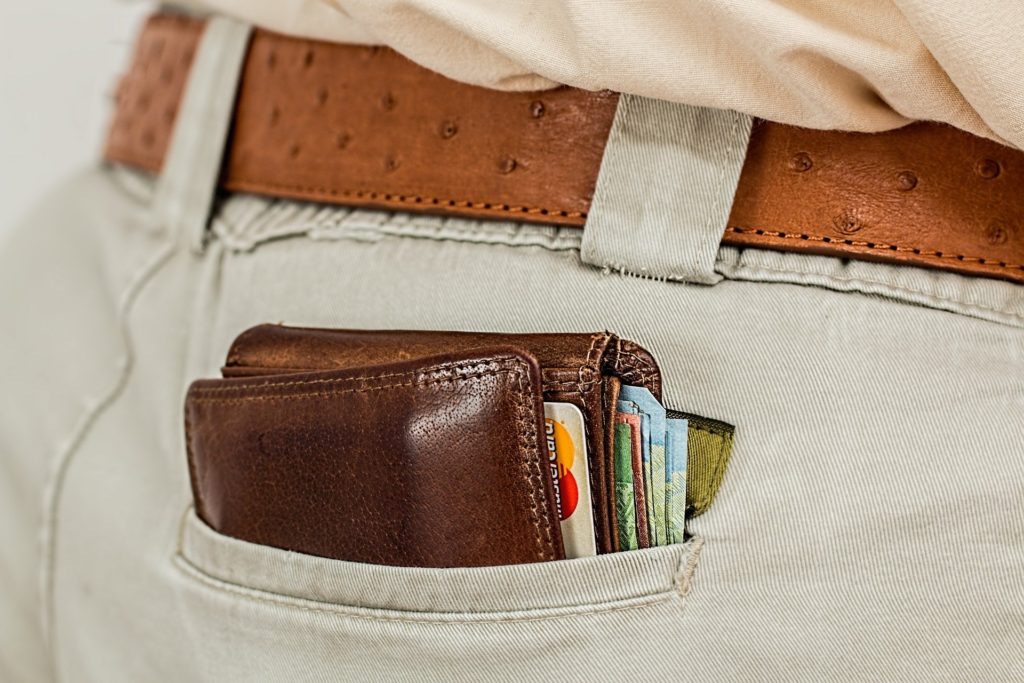
First things first, the choice to file for bankruptcy as a Massachusetts resident or business is not a choice that ought to be taken lightly. A bankruptcy on the record of an individual or business will have lasting effects; including, but not limited to, a very real difficulty in having credit extended to the individual or business. The aim of this article is to inform the reader as to how bankruptcy affects consumer credit. After reading this article it is my hope that the reader will have developed a clear-eyed sense of just what impact bankruptcy has on credit.
- Many people erroneously believe that filing for bankruptcy will ruin their credit forever, a belief which is simply not true. The bottom line is that those filing under Chapter 7 bankruptcy will have to live with creditors viewing this fact for ten years. If one files under Chapter 13 or most other forms of bankruptcy, creditors can view this fact on a credit report for a period of seven years.
- Many people also believe that once bankruptcy is filed they are ineligible for a loan or credit card…period. While obtaining a credit card or loan during the time period in which the bankruptcy remains visible in a credit report is challenging, it is not impossible.
Credit Cards can be obtained by using secured credit cards. Many major credit card companies have secured credit card options which require the user to put down a security deposit as an advance requirement to obtaining credit.
Loans can be obtained after filing for bankruptcy by offering collateral in the form of money or property.
The good news is that although these methods of obtaining a credit card or a loan during the time that the bankruptcy stays on a credit report require up front collateral, using these methods may be a good way to prove to creditors that you can manage credit (which is best demonstrated by making regular monthly payments to the creditor and not missing payments or being late on a payment when it is due). Then, once the bankruptcy has cleared in seven or ten years depending on the chapter filed, if you’ve been able to make continuous payments without late or missing payments you ought to be able to move into unsecured credit cards and/or loans.
- Some think that by filing bankruptcy all debt is wiped clean and, therefore, falls off of the credit report. While it is true that when filing Chapter 7 bankruptcy certain debts may be discharged completely, it is also true that once owed debts will not fall off of your credit report. Creditors, for example, will still be able to see that you were delinquent on an auto payment and that the loan was discharged in bankruptcy. This fact will be something that you will need to contend with, preferably by attempting to rebuild your credit over time and demonstrating an ability to make regular and complete payments.
- Another common misconception is the belief that having a positive credit report before filing for bankruptcy will result in a higher post-bankruptcy filing score as compared to someone who has a lot of negative credit concerns prior to filing. In reality, bankruptcy itself is a serious factor in driving down a credit score. What helps to lower the impact of a bankruptcy filing on a credit score is the amount of time since filing has occurred in combination with other positive credit occurrences since the bankruptcy filing.
- In 2020, Experian listed a credit score of above 740 as a good credit score, with those above 800 as excellent. The average FICO credit score in 2020 was between 600 and 750. A score of 580-669 is considered fair, and below 579 poor. It is important to realize that filing for bankruptcy will definitely lower a filer’s credit score after filing. It is also important to realize that as time goes on, some statistics show within four to five years, a person may reach a credit score of 700 or more by following a pattern of adding secured credit, making timely and complete payments on all debt, and using at or below 30% of available credit.
While bankruptcy is not without negative consequences, for the right combination of debt, earnings potential, assets, and other circumstances, bankruptcy can be the best choice. And while bankruptcy is not without a negative impact on credit, this article should make clear to the reader that by following credit building methods there is road back to financial solvency after bankruptcy.
DISCLAIMER:
The information provided in the pages and posts of this website are for general informational purposes only. The information presented on this site is not legal advice, and no attorney-client relationship is formed by the use of this site.


